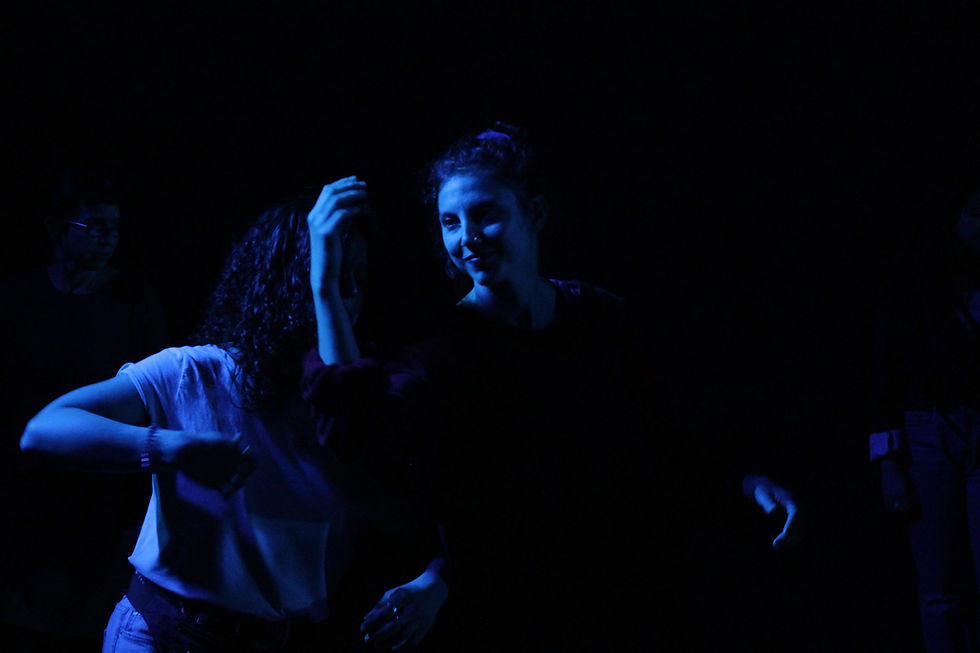Bio
About Teresa Salas



I am a performance maker and art practitioner with two decades of experience in the Americas and Europe. My work in physical theater, dance, and performance strives to see beyond western perspectives, outside of white hegemonies, as embodiments of expansive anti-colonial care and communal reflection.
In Italy, working at the Grotowski’s workcenter, I learned to look into body-based practices across disciplines and traditions and to extend my approach to the actor training, beyond the European parameters often taught at the schools I had encountered. For many years there, I intensively trained voice and singing from the African and Afro-Caribbean traditions, especially Haitian and Cuban songs, a practice that radically changed my approach to voice work as well as my methodologies of teaching and learning.
I taught undergraduate theater students in Chile, rethinking my approaches to teaching as an ever-evolving praxis driven by student engagement. These students consistently defied how theater is being taught and thought, galvanized by male centric power relationships. Teaching is a central part of my own development as an artist; working with students and artists is a space of meaning, an active way to generate reflection and practice modalities that come from those reflections. While earning my MFA from the University of California, I worked from an interdisciplinary approach, expanding my understanding of performance as not only a social and political device but also as a space of encounter, community, and critical thinking.
I don't wish to own truths, but I enjoy the facilitation of spaces where a sense of freedom and equity can be contained and cared for. Being a Latinx artist coming from a history of oppression, being born in a dictatorship in Chile, to an activist family, I am particularly sensitive to the critical importance of generating context that welcomes diversity and marginalized communities. Fighting towards intersectional justice is an everyday gesture of awareness, kindness, and receptivity for the needs and experiences of others. I strive to be aware and remind ourselves of intersectionalities and to reject hegemonic classifications.